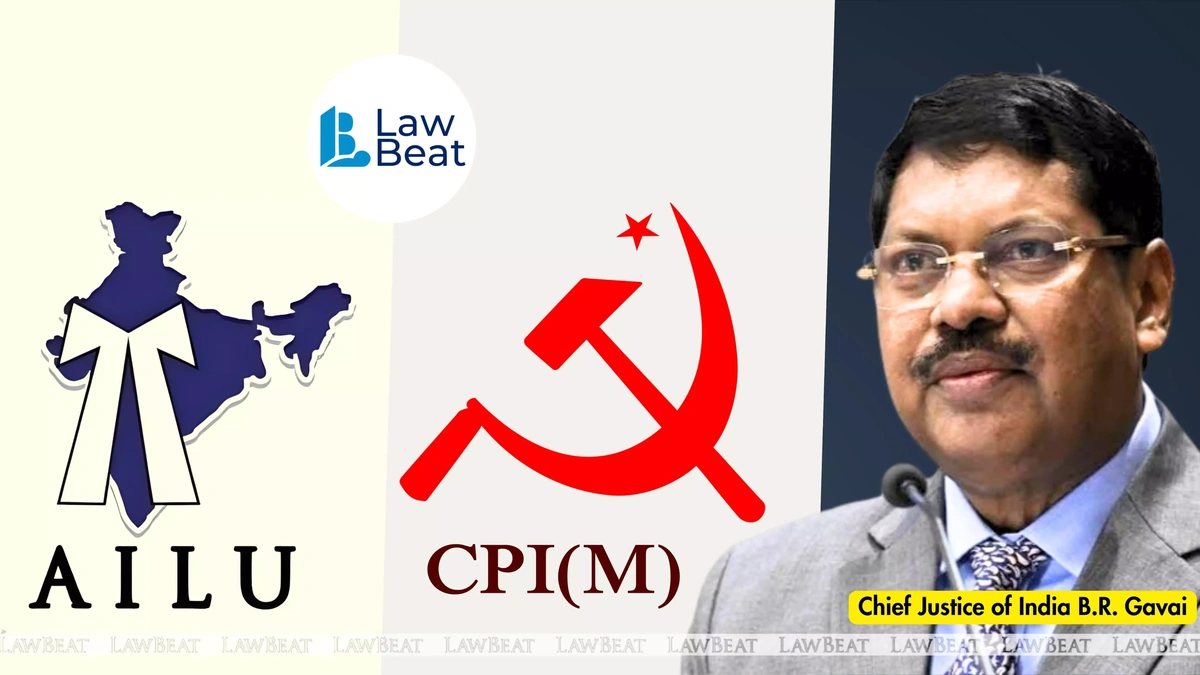The Curious Case of Charlie Javice and JPMorgan Chase | Why This Matters
Okay, let’s be honest: when you first hear about a lawsuit involving Charlie Javice and JPMorgan Chase , your initial reaction might be a shrug. Another day, another corporate drama, right? But here’s the thing – this story isn’t just about money and power; it’s a cautionary tale about ambition, due diligence, and the murky waters of startup acquisitions. Stick with me, because there’s more to this than meets the eye. We’re diving into the “Why” angle here – what this all means for the future of fintech, investment, and how big banks assess shiny new startups.
The Allegations | A House of Cards?

At the heart of the matter is a company called Frank, a college financial planning platform founded by Charlie Javice. JPMorgan Chase acquired Frank for a cool $175 million back in 2021. Sounds like a success story, doesn’t it? Well, not so fast. JPMorgan Chase is now alleging that Javice massively inflated Frank’s user numbers to secure the acquisition. We are talking about claiming to have 4 million users when the real number was closer to 300,000 – a rather significant discrepancy. This is a textbook example of what happens when startup valuations are detached from reality and banks fail to do their due dilligence.
I initially thought this was a straightforward case of fraud, but then I realized the implications are far more complex. What does it say about the due diligence process at one of the world’s largest banks? How did such a massive discrepancy slip through the cracks? And what does this mean for other startups looking to be acquired? These are the questions that keep me up at night, and they should concern anyone involved in the venture capital world.
Why This Isn’t Just Another Corporate Lawsuit
This case strikes a chord because it highlights the high-stakes, often opaque, world of startup acquisitions. It exposes the pressure founders face to present their companies in the best possible light – even if that means bending the truth a little (or, in this case, a lot). The deal between Frank and JPM raises questions of accountability.
But, it also raises serious questions about the responsibility of the acquiring companies. JPMorgan Chase had teams of analysts, lawyers, and consultants. How did they not catch this? Was there a rush to close the deal? Were they blinded by the allure of acquiring a seemingly successful fintech startup? These are uncomfortable questions, and the answers could have significant repercussions for how future acquisitions are handled. Consider this a litmus test for future startup acquisitions .
Let me rephrase that for clarity: this isn’t just about one bad deal. It’s about the systemic pressures that can lead to these situations. The pressure on startups to grow at all costs, the pressure on banks to find the next big thing, and the lack of transparency in the acquisition process – all of these factors contribute to the risk of fraud and misrepresentation. It can be argued that it’s another nail in the coffin for the credibility of fintech investments .
The Ripple Effect | Implications for Fintech and Beyond
So, what are the broader implications of this case? Well, for one, it’s likely to lead to increased scrutiny of startup valuations and due diligence processes. Banks and investment firms will be under pressure to conduct more thorough investigations before acquiring companies. This could mean longer deal times, more rigorous audits, and a greater emphasis on verifying user numbers and other key metrics. I suspect that we are likely to see greater focus on performing due diligence processes .
But the impact could extend beyond the financial world. This case could also have implications for the way companies market themselves and the information they disclose to investors. It serves as a stark reminder that honesty and transparency are paramount, and that there are serious consequences for those who try to mislead others. The stakes are indeed very high when a fraudulent scheme is committed.
And, honestly, it’s a bit of a PR nightmare for JPMorgan Chase. The optics of suing a young female founder – even if she did commit fraud – are not great. It raises questions about the bank’s culture and its approach to dealing with startups. Expect to see a lot of soul-searching and internal reviews in the coming months, I predict.
What Happens Next? The Legal Battle Ahead
The legal battle between Charlie Javice and JPMorgan Chase is just beginning. Javice denies the allegations and claims that JPMorgan Chase is trying to smear her reputation. She’s countersuing, alleging that she was fired to avoid paying her. Both sides have assembled high-powered legal teams, and the case is likely to drag on for months, if not years. The legal fees will be substantial and the reputational damage could be lasting. This legal dispute is one to watch.
I initially thought this was straightforward, but then I realised it’s far more nuanced. The outcome of this case could set a precedent for future disputes involving startup acquisitions. It could also influence the way banks and investment firms approach due diligence and risk management. So, even if you’re not directly involved in the financial world, this is a story worth paying attention to. After all, it’s about trust, accountability, and the ever-present tension between ambition and integrity.
And hey, it’s a pretty juicy drama, too.
It will be interesting to see what the final judgement is.
FAQ About the Charlie Javice and JPMorgan Chase Lawsuit
What exactly is Charlie Javice accused of?
JPMorgan Chase alleges that Charlie Javice, the founder of Frank, inflated the number of users on her platform to secure a $175 million acquisition deal.
Why is this case important?
This case highlights the risks associated with startup acquisitions and the importance of thorough due diligence. It could lead to increased scrutiny of startup valuations and more rigorous audits.
What are the potential consequences for Charlie Javice?
If found liable, Charlie Javice could face significant financial penalties and reputational damage. She is also countersuing, alleging wrongful termination.
How might this case affect future startup acquisitions?
The outcome of this case could influence how banks and investment firms approach due diligence and risk management in future acquisitions, potentially leading to longer deal times and more rigorous investigations.
Where can I find more official information about the case?
Check reputable news sources like The Wall Street Journal, The New York Times, and Bloomberg for ongoing coverage of the legal proceedings.













